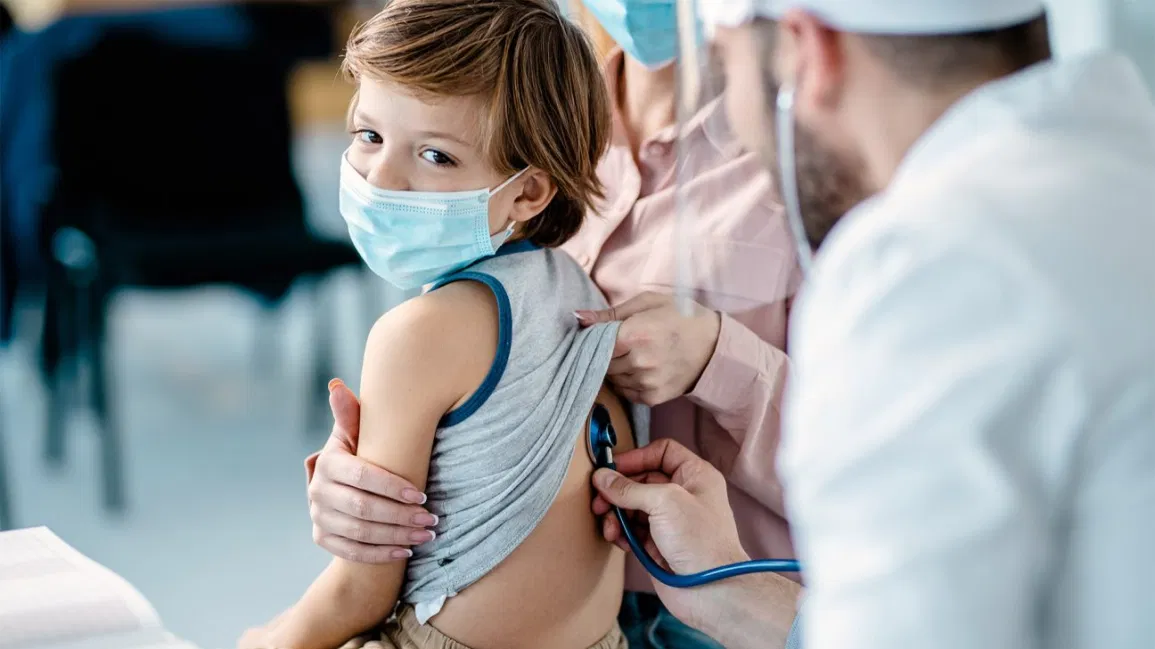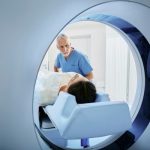Getting Your Children Vaccinated at a Covid Clinic
Getting your children vaccinated at a covid clinic is an important step in protecting them from various illnesses. The clinic may be able to give you advice on the different types of vaccinations available and which ones would be best for your child. In addition to the vaccinations, your child may also have to undergo antiviral treatment. This treatment can be administered at the clinic or by using rapid antigen tests, which can be done at home.
Symptoms
During the COVID-19 pandemic, the Tri-State area was one of the most affected regions in the country. While many people recover from the infection, others continue to suffer from long-term complications. The symptoms of COVID-19 may affect many different organs, including the heart, brain, lungs, and muscles. It’s important to get the right treatment, as lingering symptoms can be debilitating.
UI Health’s COVID Recovery Clinic provides comprehensive, coordinated care for COVID-19 patients. It focuses on a holistic approach, with an emphasis on integrative health. This includes a variety of treatments, including general pain management, neuropsychological rehabilitation, and relaxation techniques. It also provides access to cardiology and nephrology specialists.
COVID-19 antiviral treatment
Fortunately, the US Food and Drug Administration (FDA) has approved two new oral antiviral therapies for COVID-19. These medications can be used to help patients with COVID-19 symptoms to get better more quickly and avoid hospitalization.
These medications are prescribed by healthcare providers, but they can also be obtained through pharmacies. Antiviral medications work by inhibiting SARS-CoV-2 3-chymotrypsin-like protease and RNA-dependent RNA polymerase. During this process, lethal viral mutagenesis takes place, which makes it difficult for the virus to reproduce.
For those who cannot obtain these drugs from a health care provider, they can visit a community health center or community pharmacy. These services offer on-site testing and assessment and can provide prescriptions for oral antiviral medicines.
COVID-19 PCR or antigen test
Having a COVID-19 PCR or antigen test is a great way to find out if you have the disease. It can also prevent the spread of the virus. However, it is not recommended for people who have had a previous infection.
A PCR or antigen test can be done at a covid clinic or in your own home. You will need a sample of saliva or sputum to send to the lab for analysis. The results are usually available within a few days.
A PCR test is a type of laboratory analysis that uses real-time polymerase chain reaction (PCR) technology. It is not as accurate as an antigen test, but it may be an option in some situations.
Rapid antigen (at-home) tests
Several healthcare providers and pharmacies offer rapid antigen (at-home) tests. They are a fast and convenient way to test for SARS-CoV-2. In some cases, the tests can provide results in as little as 15 minutes. However, despite the convenience of these tests, the tests are not as accurate as the polymerase chain reaction (PCR) tests used by a doctor.
Rapid tests are used to detect antigens, which are molecules found on the surface of the virus. Using a reagent solution, these tests can detect levels of the antigens already present in a sample. If the antigens are present, the test will provide a simple yes or no response.
Transportation to and from vaccination appointments
Getting to a vaccination appointment can be a challenge. Some people may be homebound, while others are in rural areas that are far from vaccination sites. A reliable transportation system can be the deciding factor for a resident.
Some communities have partnered with nonprofits and transportation providers to provide free transportation to vaccination sites. Others are working to create mobile vaccination clinics. The City of Miami Beach has vaccinated more than 900 older adults last month.
A Vaccine Planning Workgroup for Older New Yorkers is working to address this issue. The group is partnering with local organizations to ensure that New Yorkers 65 and older have access to transportation to vaccination appointments.
COVID-19 registry
Getting a COVID-19 booster shot can help you retain your immunity for a longer period of time. You can get one at your local health clinic. For more information, check out the CDC’s Vaccine Boosters page.
The CDC’s Viral Infection and Respiratory Illness Universal Study (VIRUS) is the most comprehensive COVID-19 registry to date. The study includes more than 3,400 patients at 110 healthcare sites in eight countries. The registry uses a REDCap data capture system, which is part of the Mayo Clinic database.
The registry is designed to provide insight to the medical community about the COVID-19 disease. Its features include a dashboard that displays a series of data metrics relating to patient demographics, length of stay in the ICU and trends in mechanical ventilation duration. This isn’t all – it also serves as a centralized source of potential research findings.











